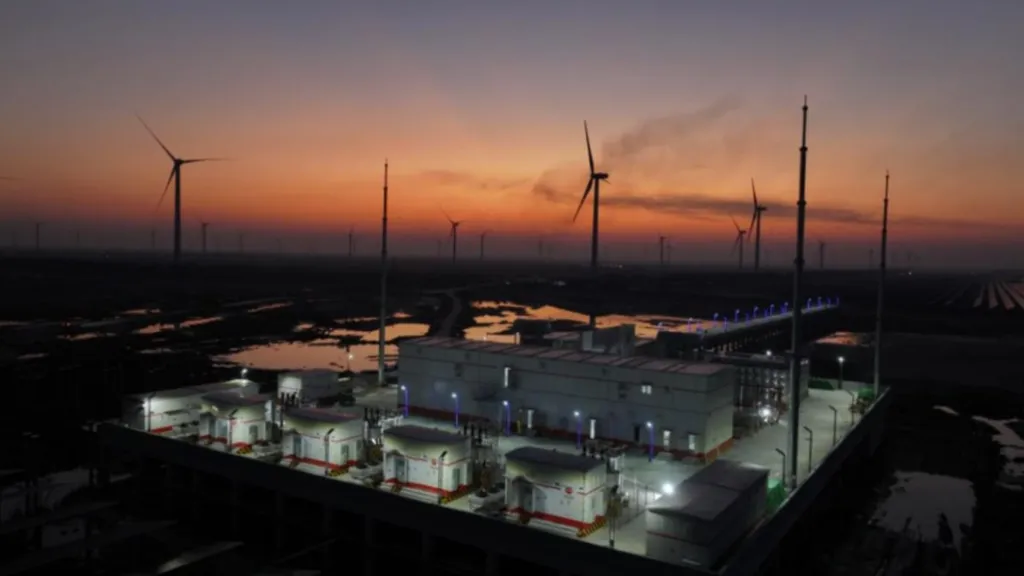In the heart of China’s agricultural innovation landscape, researchers are making strides in the fight against wheat diseases, with implications that could ripple through the global energy sector. Junming Chen, a leading figure from the University of Petroleum (East China) in Qingdao, has recently published a groundbreaking study in *Frontiers in Plant Science* (translated as “Plant Science Frontiers”) that promises to revolutionize wheat disease detection and classification.
Chen’s research introduces an automated classification framework that leverages region feature purification contrastive learning. This advanced technique combines unsupervised representation learning with label mutual information maximisation, significantly enhancing feature extraction and classification efficacy. “Our approach not only improves the accuracy of disease detection but also makes the model more resilient to input perturbations,” Chen explains. This resilience is crucial for out-of-distribution detection, ensuring that the model performs reliably even when faced with unexpected variations in data.
The integration of the W-Paste approach and the creation of a feature purification encoder are at the heart of this innovation. The encoder works by reducing interference through reverse learning, thereby enhancing feature consistency and boosting classification accuracy. The results speak for themselves: the model achieved an impressive average classification accuracy of 98.01% on public datasets. “This level of accuracy is a game-changer for the agricultural sector,” Chen notes, highlighting the potential for early detection and accurate diagnosis of wheat diseases.
The implications of this research extend far beyond the fields of wheat cultivation. In the energy sector, where biofuels and agricultural products play a significant role, the ability to detect and manage wheat diseases efficiently can lead to more stable and sustainable supply chains. “By ensuring healthier crops, we can enhance the quality and quantity of agricultural products used in biofuel production,” Chen adds, underscoring the broader impact of his work.
The study’s findings lay a robust groundwork for the progression of intelligent agriculture, paving the way for more effective crop management and sustainable agricultural development. As the framework continues to be enhanced, it holds the promise of advancing early detection and accurate diagnosis of wheat diseases, ultimately contributing to more resilient and productive agricultural systems.
Chen’s research, published in *Frontiers in Plant Science*, represents a significant leap forward in the field of agricultural technology. By combining cutting-edge machine learning techniques with practical agricultural applications, this study not only addresses a critical challenge in wheat cultivation but also opens up new possibilities for the energy sector. As the world grapples with the need for sustainable and efficient agricultural practices, Chen’s work offers a beacon of hope and innovation.

